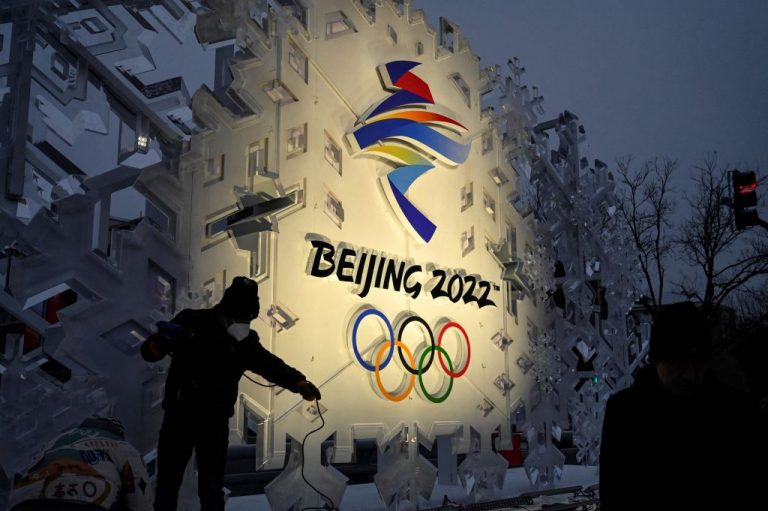On Jan. 25, the Cyberspace Administration of China (CAC) announced a crackdown on “illegal” online content ahead of the upcoming Beijing Winter Olympics and one of the country’s most important annual holidays, the Lunar New Year, a major festival that runs from January 31 to February 6.
The CAC intends to conduct a month-long “purification” campaign intended to create a “healthy, happy, and peaceful online environment.”
President Xi Jinping established the internet watchdog (CAC) in 2014 in a bid to protect China’s internet and data security.
The CAC’s plan is to manage the home pages of key media sites, trending topic search lists, push pop-up windows and important news content pages to ensure only “positive information” is displayed to end users.
Content deemed obscene, vulgar, bloody, violent or simply “bad information” is to be eradicated to create a “positive online atmosphere.”
Success
You are now signed up for our newsletter
Success
Check your email to complete sign up
Content that displays extravagant wealth or spending, gluttony and heavy drinking and even fortune-telling is also on the chopping block.
China has increased its control over online content in recent years targeting “chaotic fan culture” the sports industry as well as what authorities consider “incorrect politics.”
In September last year, the country made headlines when it announced a ban on “sissy” or “girly” men online and in mass media content like television shows and movies.
At the time, the country’s National Radio and Television Administration (NRTA) instituted new measures to keep “effeminate” men off Chinese screens using the term “niang pao” or “girlie guns” to refer to men who exhibit female characteristics.
“Mukbang” videos, or videos depicting gluttonous eating habits, were also made illegal. The measure was intended not only to limit what content Chinese internet users are exposed to, but was also implemented as a way to curb food waste in the country.
Chinese, in violation of the law, face fines up to 100,000 yuan ($15,822) according to China’s congressional website. Following the implementation of the law Chinese authorities were quick to purge all online content that ran afoul with the new law.
READ MORE:
Internet censorship in China
China’s internet censorship is more comprehensive and sophisticated than any other country in the world. Sites, such as Wikipedia, YouTube and Google are blocked on the mainland by the “Great Firewall of China.”
Major internet platforms in China have been forced to establish elaborate self-censorship mechanisms and the Chinese internet police — tasked with enforcing laws concerning internet use — is said to have millions of members that monitor China’s some 989 million internet users.
Special administrative regions that, to date, fall outside of the Chinese Communist Party’s (CCP) internet regulations include Hong Kong and Macau; however both regions are closely monitored by the central government.
The Great Firewall uses numerous methods to block content in China including IP dropping, DNS spoofing, deep packet inspection and active probing.
In China ISPs and internet providers are legally responsible for customer’s conduct online forcing service providers to assume an editorial and publisher role when it comes to customer content. Internet providers in China are legally responsible for libel and other torts committed by customers which in effect downloads the responsibility of enforcing content rules enacted by the central government on service providers.














